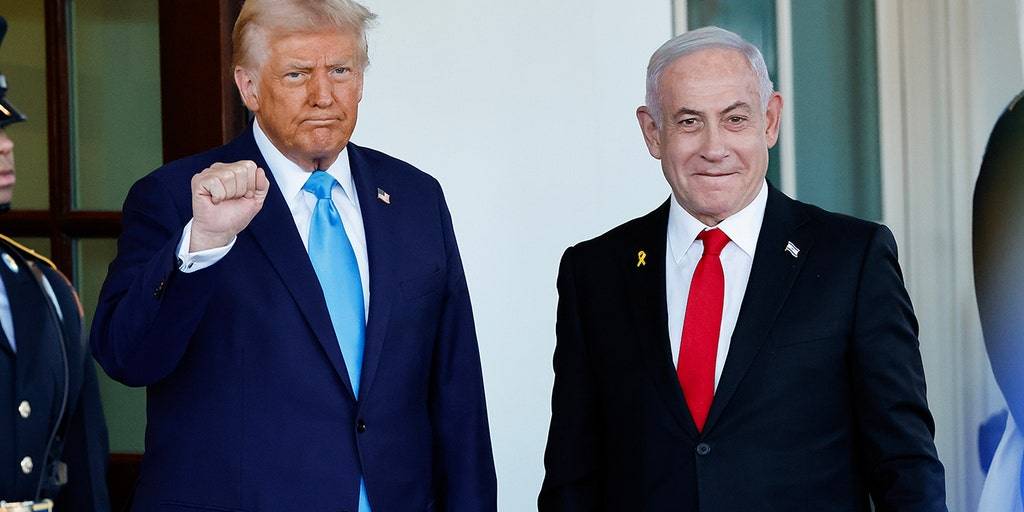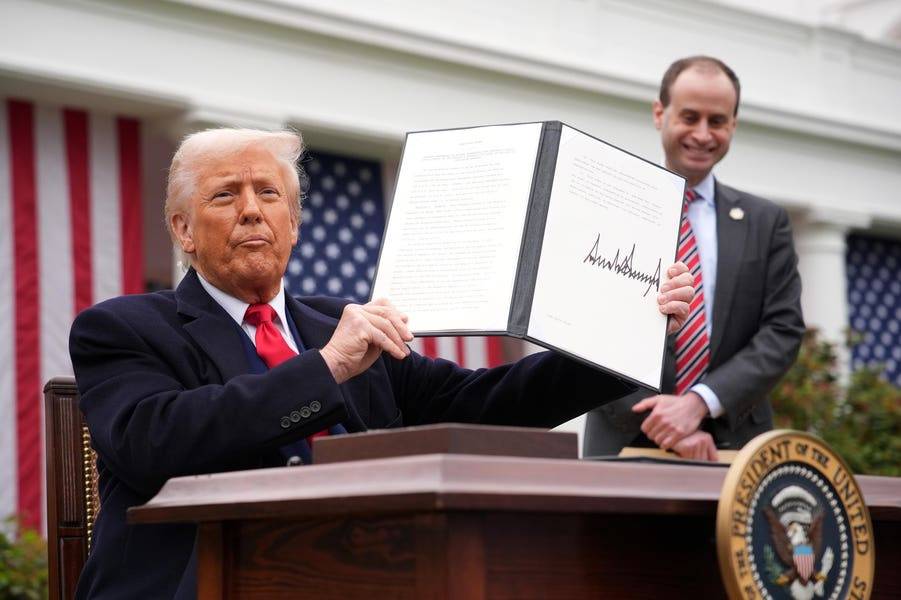Israel Eliminates Tariffs on U.S. Goods
Israel’s recent decision to eliminate all tariffs on U.S. goods marks a significant shift in its trade strategy, particularly in anticipation of the Trump administration’s planned tariffs on global trading partners. This move is part of a broader effort to strengthen economic ties with the United States, Israel’s largest trading partner and closest ally.
Impact of the U.S.-Israel Free Trade Agreement
The U.S.-Israel Free Trade Agreement, signed in 1985, has been instrumental in fostering a robust bilateral trade relationship. Over the years, it has led to a substantial increase in trade between the two nations, with the U.S. becoming Israel’s largest trading partner. The agreement has also played a crucial role in making Israel a key market for U.S. goods in the Middle East. As of 2024, bilateral trade was valued at approximately $34 billion, with U.S. goods exports to Israel increasing significantly since the agreement’s inception.
Effects on Agricultural Tariffs and Local Industry
The removal of tariffs on U.S. imports, particularly on agricultural products, aims to reduce the cost of living for Israeli consumers by increasing competition and market diversity. However, this decision has been met with criticism from Israel’s agricultural sector, which fears that the influx of cheaper U.S. products could harm local farmers. Representatives from the Israel Farmers Federation have expressed concerns about the impact on food security and the livelihoods of farmers living near the border.
Despite the existing free trade agreement, which already exempts about 99% of U.S. goods from tariffs, the current reduction focuses on the remaining agricultural tariffs. These tariffs generated about 42 million shekels ($11.3 million) annually, primarily from items like fruits and vegetables. The elimination of these tariffs is seen as a strategic move to enhance diplomatic ties with the U.S., especially considering President Trump’s plan to impose tariffs on numerous countries.
Economic Benefits and Strategic Alignment
Economically, the free trade agreement has significantly benefited both countries. It has promoted substantial investments and created tens of thousands of jobs, both directly and indirectly, through increased trade and foreign direct investment. For Israel, strengthening ties with the U.S. aligns with its broader economic strategy to expand its market access beyond regional political constraints and to enhance economic liberalization efforts.
However, the immediate challenge lies in balancing these diplomatic and economic gains with the protection of Israel’s local agriculture. The Agriculture Ministry has indicated plans to support local farmers if necessary, suggesting that while the move aims to bolster the economy, it may require additional measures to safeguard domestic industries. As the world watches the evolution of trade policies under President Trump, Israel’s proactive steps reflect a deliberate strategy to maintain favorable trade relations with the U.S., even as global trade dynamics shift.
Conclusion
In conclusion, Israel’s decision to remove tariffs on U.S. goods is a strategic maneuver aimed at reinforcing economic and diplomatic ties with its most significant trading partner. While this move aligns with broader trade liberalization efforts, it also poses challenges for local agricultural sectors. As Israel navigates these complexities, it must balance trade gains with the need to protect domestic industries and ensure food security.
For more in-depth analysis on U.S.-Israel economic relations and the impact of trade agreements on regional markets, visit Epochedge News and Epochedge Business. For broader insights into global trade trends, see Bloomberg and the Financial Times.










